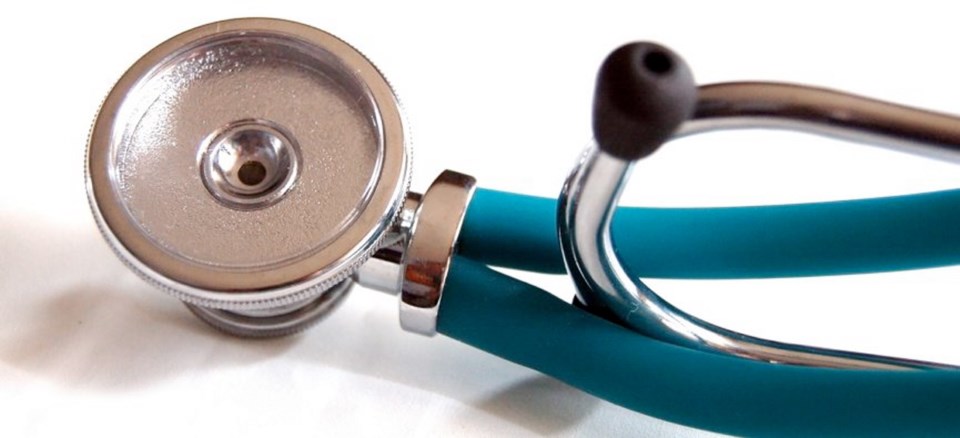The first thing I do every morning is read the newspaper. This morning I should have stayed in bed. The headline read, ŌĆ£No amount of alcohol is safe.ŌĆØ The report claimed to be one of the largest studies of alcohol consumption thatŌĆÖs ever been done. To make my day worse, the litany of alcohol problems was reported in one of the worldŌĆÖs most respected medical journals, The Lancet. So, should I be hung up by my thumbs, pour chardonnay down the drain, nail my bar doors shut, then repent my sins of writing for years that moderate drinking is medically beneficial?
But, in a world loaded with alarmist headlines and falsehoods, is this study ŌĆ£The Holy GrailŌĆØ of alcohol? First, itŌĆÖs a large study and studies of this magnitude require a huge amount of statistics. And, as one of the most brilliant professors at the Harvard Medical School once remarked, ŌĆ£If anything has to be proven by statistics, itŌĆÖs usually wrong.ŌĆØ I say amen to that and hope heŌĆÖs right.
Then, how big is the risk for moderate drinkers? Researchers say that for every 100,000 non-drinkers, 914 will develop one of 23 diseases listed in a given year. But if a drinker has one drink a day, the risk increases to 918 in every 100,000. This represents such a small increase that youŌĆÖd wonder why anyone would lose sleep or get so excited over this study. Or why editors would bother me with this news so early in the morning. The odds of winning are much worse at Las Vegas.
I admit itŌĆÖs shocking when studies claim that alcohol drinking results in the death of 2.8 million people each year. But some of these deaths happen to drivers who drink to excess, or others who become tipsy, fall and fracture a hip. Or who succumb to alcoholic cirrhosis of the liver. Behave yourself and this does not happen to you. Moreover, some reported deaths were from tuberculosis, still a big killer in some parts of the world.
This study is also about dosage. Dr. Linus Pauling proved that some remedies such as vitamin C require huge doses to be effective in treating cardiovascular and infectious diseases. But here we are talking about a reverse situation, moderate, sensible amounts of alcohol. This morningŌĆÖs report says that there is no such thing as a safe alcoholic drink. This makes good headlines, but I believe it does injustice to moderate drinkers.
In life there are many things we encounter that are not safe. In the U.S. every three minutes a person is killed in a car accident. Some took the wrong fork in the road and died. Others were killed due to alcohol excess, anti-depressants, marijuana or other medication. These are all tragic deaths, but we do not ban the selling of cars or medication that often isnŌĆÖt needed.
I find it hard to believe that all previous studies showing moderate drinkers live longer were wrong. I also believe that research has proven alcohol makes platelets more slippery and less likely to clot, resulting in a fatal heart attack. It also dilates arteries, increases the good cholesterol and decreases fibrinogen to decrease the risk of a coronary death. And surely there is a health benefit to being more relaxed in this increasingly troubled world.
In the past thereŌĆÖs also been too many puritanical lies about alcohol. For instance, The National Institute of Health which funded a study on alcohol, forbade a Harvard epidemiologist, who participated in the study, from publishing the health benefits of alcohol. Other doctors at conventions who report on the health benefits of alcohol, say they are forbidden to tell the public about it. One could argue it's criminal to withhold good news from the public.
It was not the best way to start the morning, but I will not change my moderate use of alcohol. After all, Hippocrates supported the use of alcohol, Jesus turned water into wine, Sir William Osler stated that alcohol was for the elderly what milk is for the young. Or as Cardinal Richelieu remarked: ŌĆ£If God forbade drinking, would he have made wine so good?ŌĆØ
My case rests. Need I say more?

